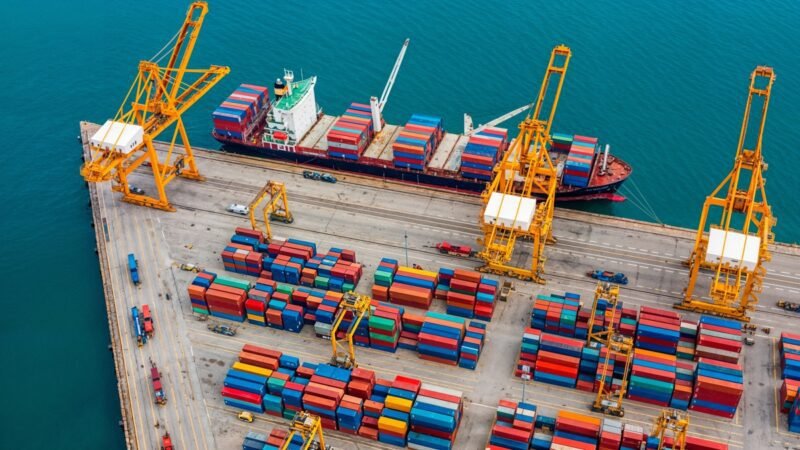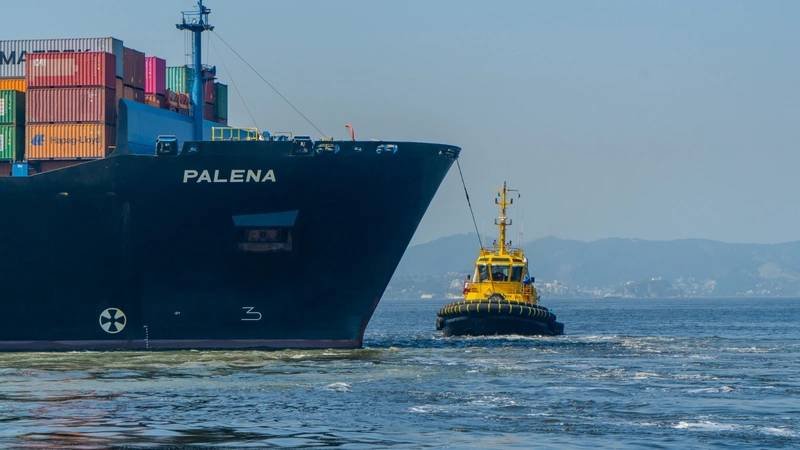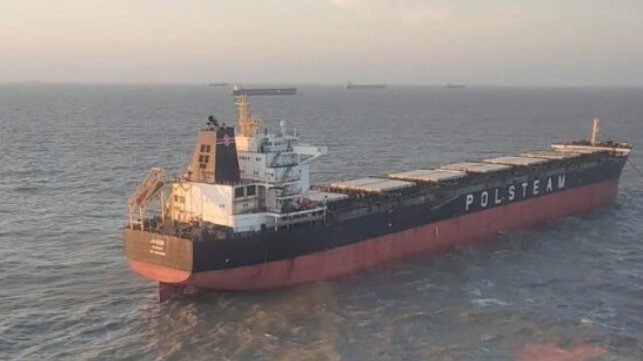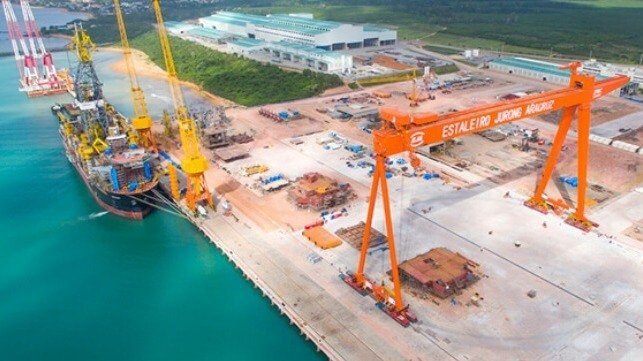The Rio Grande Port Authority reported that the impact of excessive rainfall and severe flooding on cargo ships in the area could not be assessed until the end of the month due to the bad weather. This has led to limitations on cargo traffic at Rio Grande, a significant port for soy exports and fertilizer imports in Brazil. Despite disruptions, all terminals are still operational, with a new draft set for ships at three grain terminals.
The Port of Rio Grande, located in Rio Grande do Sul, a major grain and meat-producing region, has been affected by deadly floods, impacting meat production and the harvest of various crops. Entire towns have been submerged, with livestock casualties reported, and around 154 people killed. Climate change has been cited as a factor in the increasingly intense periods of drought and rainfall in the region, affecting grain traders and operations.
Grain traders, including Bunge, have been directly impacted, with the company temporarily closing its Rio Grande soybean crushing plant and port terminal due to the weather forecast. Operations will not resume until it is deemed safe to do so. The situation highlights the challenges faced in the region due to extreme weather events, affecting both the local economy and communities.

















